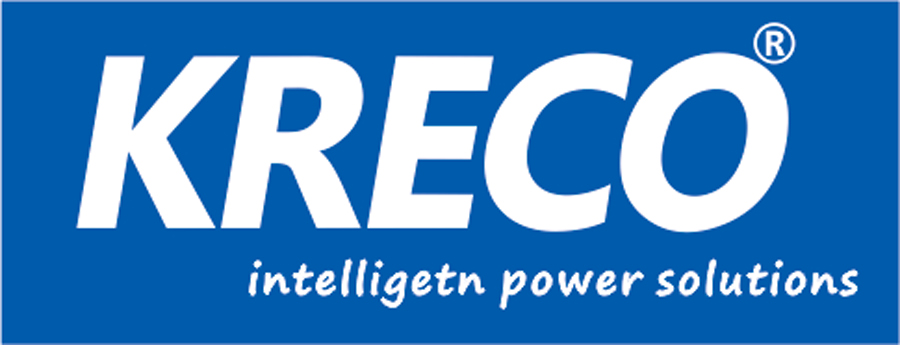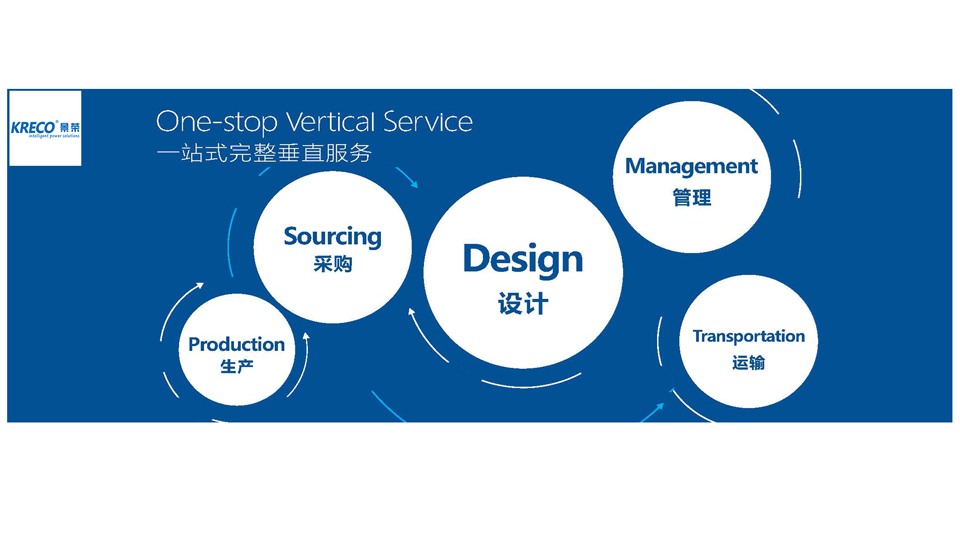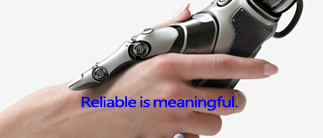Today is maginifigant day for KRECO's switching power adapter, esp for 6Watt charger series.
We had a meeting with China TOP 10 industrial designer, MR.Zheng who is a member of CDE(Chinese Design Elites),
worked for an international Canadian design company, expert in
product industrial design.
We had a very good talking, from the power suppy design, shape , from mechnical , technical, from art to beauty,
from flat to 3D, exchanged views.
We planed to cooperate together since October last year.
Now, Mr.zheng had designed 20 models for the new.
We choosed them and will show then in October this year, HK electronics show.
We are very pleased to see them, and get excited.
We know our customers will like them, and buy them in volumn, this is our life of business too.
Customer is always in the first place of our business .
Welcome to visit us in HK fair.
You will see our new AC/DC adapters, swithing power adapters, and chargers in our booth, if you will take part in HK fair.
the following information i was copied from Wikipedia
Industrial Design is the use of both applied art and applied science to improve the aesthetics, ergonomics, functionality, and/or usability of a product, and it may also be used to improve the product's marketability and even production. The role of an industrial designer is to create and execute design solutions for problems of form, usability, physical ergonomics, marketing, brand development, and sales.[2]
Industrial design can overlap significantly with engineering design, and in different countries the boundaries of the two concepts can vary, but in general engineering focuses principally on functionality or utility of products whereas industrial design focuses principally on aesthetic and user-interface aspects of products. In many jurisdictions this distinction is effectively defined by credentials and/or licensure required to engage in the practice of engineering.[3] And ironically, "industrial design" as such does not overlap much with the engineering sub-discipline of industrial engineering, except for the latter's sub-specialty of ergonomics.


















.jpg)